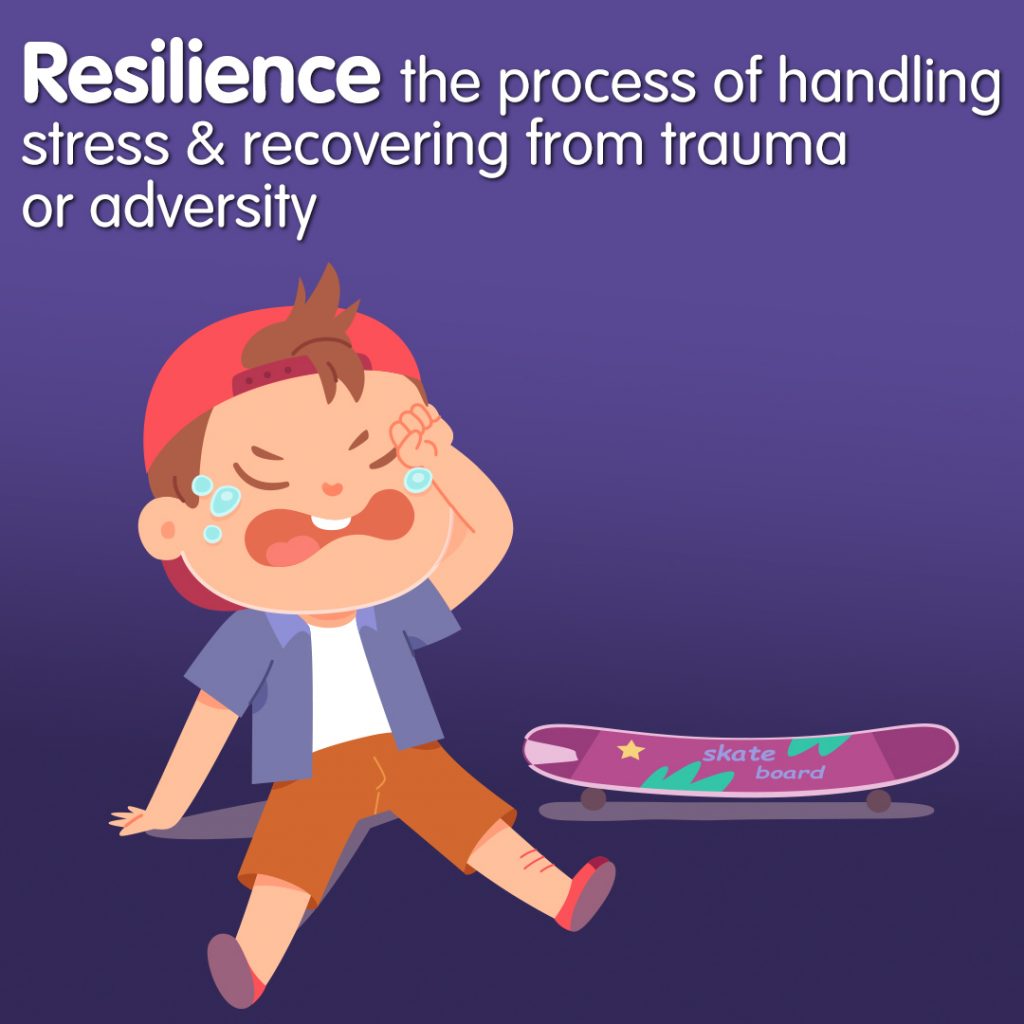As the world continues to evolve, the challenges faced by primary school children in the UK are becoming more complex and demanding. Beyond academic achievement, it is becoming increasingly important to equip children with the essential life skills needed to navigate the emotional ups and downs they encounter.
Emotional resilience plays a pivotal role in fostering their overall well-being, mental health, and long-term success. In this blog, we will delve into the significance of emotional resilience in primary school children in the UK and explore strategies for nurturing this crucial skill.

Understanding Emotional Resilience
Emotional resilience refers to an individual’s ability to adapt, cope, and bounce back from adversity, setbacks, and stressful situations. For primary school children, it involves developing the capacity to manage their emotions, navigate social interactions, and solve problems effectively. Emotional resilience empowers children to face challenges with a positive mindset, fostering their self-esteem, self-efficacy, and overall mental health.
The Importance of Emotional Resilience in Primary School Children
- Coping with Stress: Primary school children face various stressors, both inside and outside the classroom. Emotional resilience equips them with the tools to manage stress, helping to prevent it from becoming overwhelming. It enables children to regulate their emotions, maintain a sense of control, and develop healthy coping mechanisms.
- Building Positive Relationships: Emotional resilience enhances a child’s ability to form positive relationships with peers, teachers, and family members. By developing empathy and communication skills, children can navigate conflicts, resolve issues, and foster healthy connections. These social skills are crucial for their emotional well-being and future success.
- Academic Performance: Emotional well-being and academic performance are closely linked. When children are emotionally resilient, they can focus on learning, adapt to new challenges, and persist in the face of setbacks. By nurturing emotional resilience, primary schools can positively impact children’s motivation, engagement, and achievement.
- Mental Health and Well-being: Emotional resilience acts as a protective factor against mental health issues such as anxiety and depression. By fostering emotional resilience in primary school children, we empower them to face difficulties, seek help when needed, and develop a healthy mindset. It lays the foundation for their overall well-being, promoting positive mental health outcomes throughout their lives.
Strategies for Nurturing Emotional Resilience in Primary School Children
- Emotional Literacy: Teach children to recognize and understand their emotions. Provide them with the vocabulary to express their feelings, fostering emotional intelligence and self-awareness. Encourage open discussions about emotions and create a safe space for children to share their experiences.
- Problem-Solving Skills: Help children develop problem-solving skills by encouraging them to think critically and find solutions to challenges they encounter. Teach them to break down problems into manageable steps and consider alternative perspectives. This approach builds resilience and empowers children to face difficulties with confidence.
- Mindfulness and Relaxation Techniques: Introduce mindfulness practices and relaxation techniques to help children manage stress and regulate their emotions. Teach them breathing exercises, guided imagery, and mindful movement. These techniques promote self-calming and help children cultivate a sense of inner peace.
- Encourage Positive Risk-Taking: Encourage children to step out of their comfort zones and engage in activities that challenge them. By doing so, they learn to embrace failure as an opportunity for growth and build resilience in the face of setbacks. Celebrate their efforts and encourage a growth mindset that emphasizes learning from mistakes.
- Collaborative Learning and Supportive Environment: Foster a collaborative learning environment that encourages teamwork, empathy, and support among peers. Incorporate cooperative learning activities and promote inclusivity and respect. This helps children develop social-emotional skills and creates a sense of belonging within













